Can Pfizer save the country from this pandemic?
November 16, 2020
The multinational pharmaceutical company, Pfizer, and the German biotechnology company, BioNTech, have come up with a provisional vaccine for COVID-19, announcing last week that it exceeded 90% effectiveness against contraction of the virus. If approved, there will be College of DuPage faculty among the first in line to receive the vaccine.
As numbers of COVID-19 cases increase, news of a potential vaccine heightens hopes for Americans and people all across the globe. However, in an official statement by Pfizer on Nov. 9, the company made it clear a vaccine will take time before it becomes widespread among the general public. Even then, it will not solve the influx of surging cases occurring in many countries—the United States, in particular.
After evaluating multiple, smaller clinical vaccines in late spring, Pfizer narrowed down the vaccination to the trial with the fewest side-effects. The pharmaceutical company conducted the testing of their initial vaccine in July of this year, through vaccination on a group of about 44,000 people. Half the participants received placebo salt-water injections. Since then, the company documented 94 participants having contracted the virus following the experiment, which constitutes the approximate 90% effectiveness rate.
Participants from the July 2020 experiment will be evaluated over the span of two years to search for and mediate any potential long-term effects of the vaccine.
Pfizer projects some 30 million to 40 million doses of the vaccine may be distributed to high-risk individuals and healthcare workers before 2021, following an anticipated approval of their application for emergency authorization, which is tentatively planned to be submitted to the Food and Drug Administration (FDA) later this month.
“As an active health care worker, I may not have a choice since it may be mandatory for us,” said COD Health Science Professor Terrie Ciez. “I still would be willing to be one of the first to receive it since I am in one of the high-risk groups and have already been in contact with a few COVID-positive patients. In our field, we cannot refuse to take care of these patients. So the more protection I have, the better I will feel.”
Ciez continued, “There is always a fear of side effects later on, which has occurred with many vaccines within time. I look at it as what is best right now to try and stay healthy.”
According to the Centers for Disease Control and Prevention (CDC), assuming the vaccine is approved, the United States will speed up the rate at which the vaccine is distributed. That will allow quicker access for the general public, or those of whom do not qualify for immediate vaccination. The U.S. government says they will be able to do so quickly by its early action, this past Spring, of investing in manufacturing companies to prepare for the distribution of large quantities, eventually making the vaccine accessible through multiple streams including local pharmacies, doctors’ offices, health centers and hospitals across the nation.
Gallup, the analytic and advisory company, collected data on the “readiness” of Americans and their likelihood to receive a vaccine when it becomes available to the public. Yet, even then, the numbers almost fell below 50% overall, suggesting a moderate approval rating of a vaccine. This number dropped 11% in just one month, from Aug. to Sept. 2020. Although overall approval ratings plummeted—accounting for Republicans, Democrats and Independents—the percentage of Republicans favoring a vaccine actually rose by approximately 12%, while Democrats fell by 25% in the same month.
As of right now, Pfizer-BioNTech is the front-runner of 10, hoping to conclude the year with an eligible and safe vaccination against COVID-19. As the third week of November approaches, it marks the end of a two-month period of close evaluation, bringing a more sound insight on the safety of the vaccine.

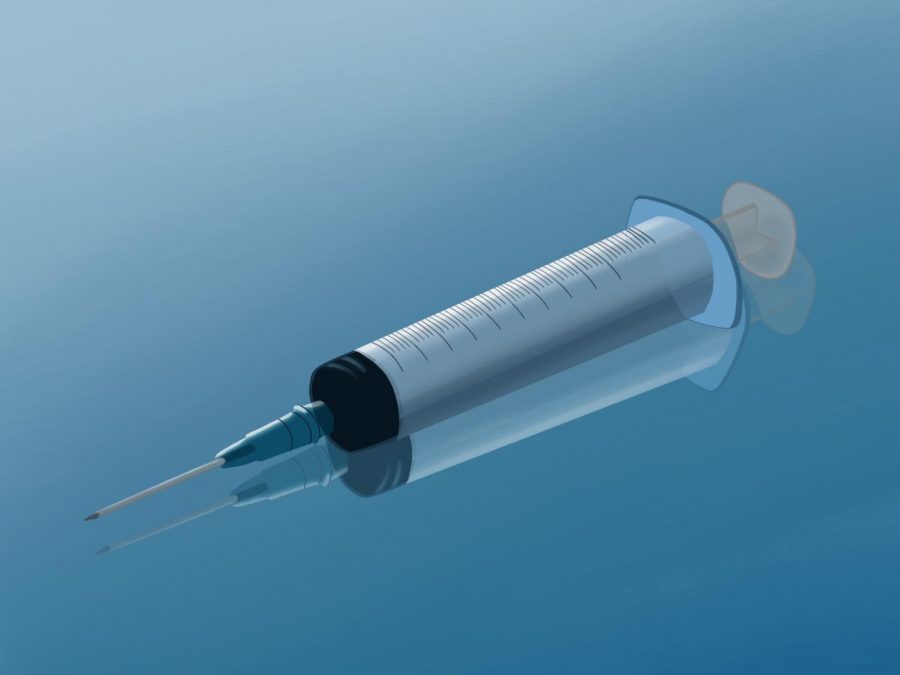







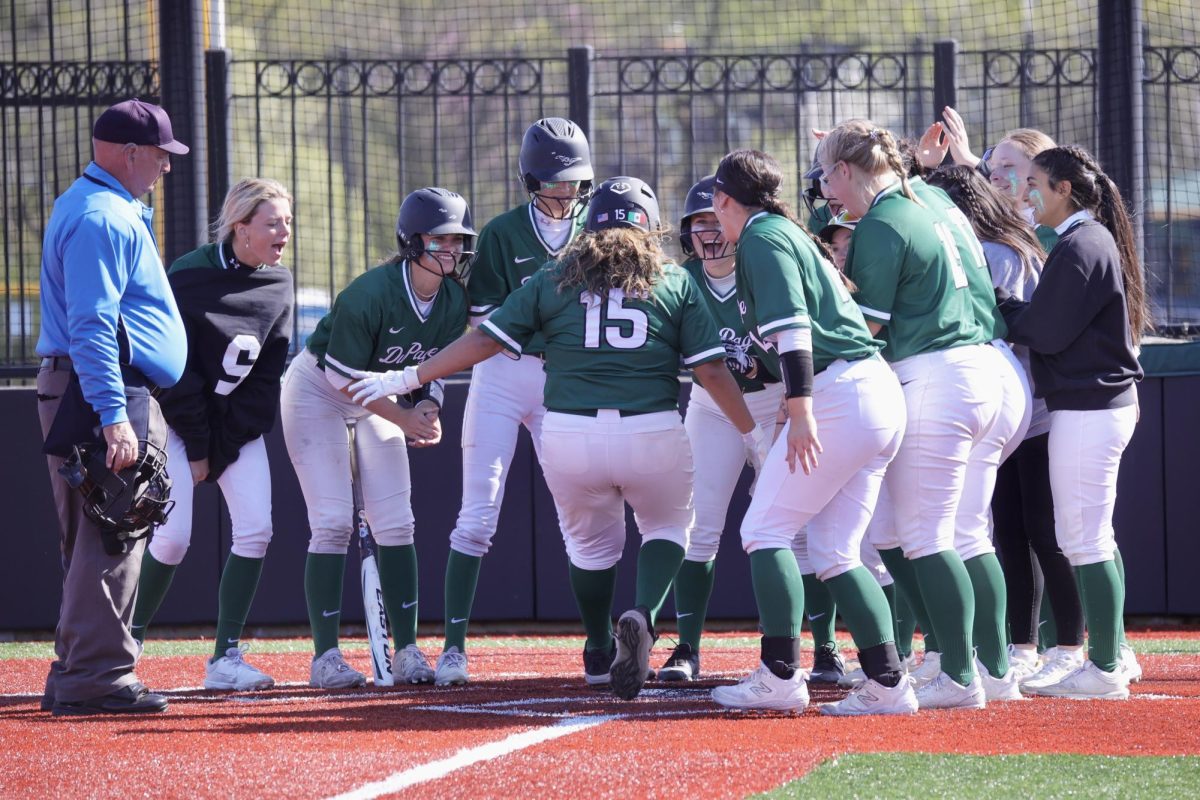
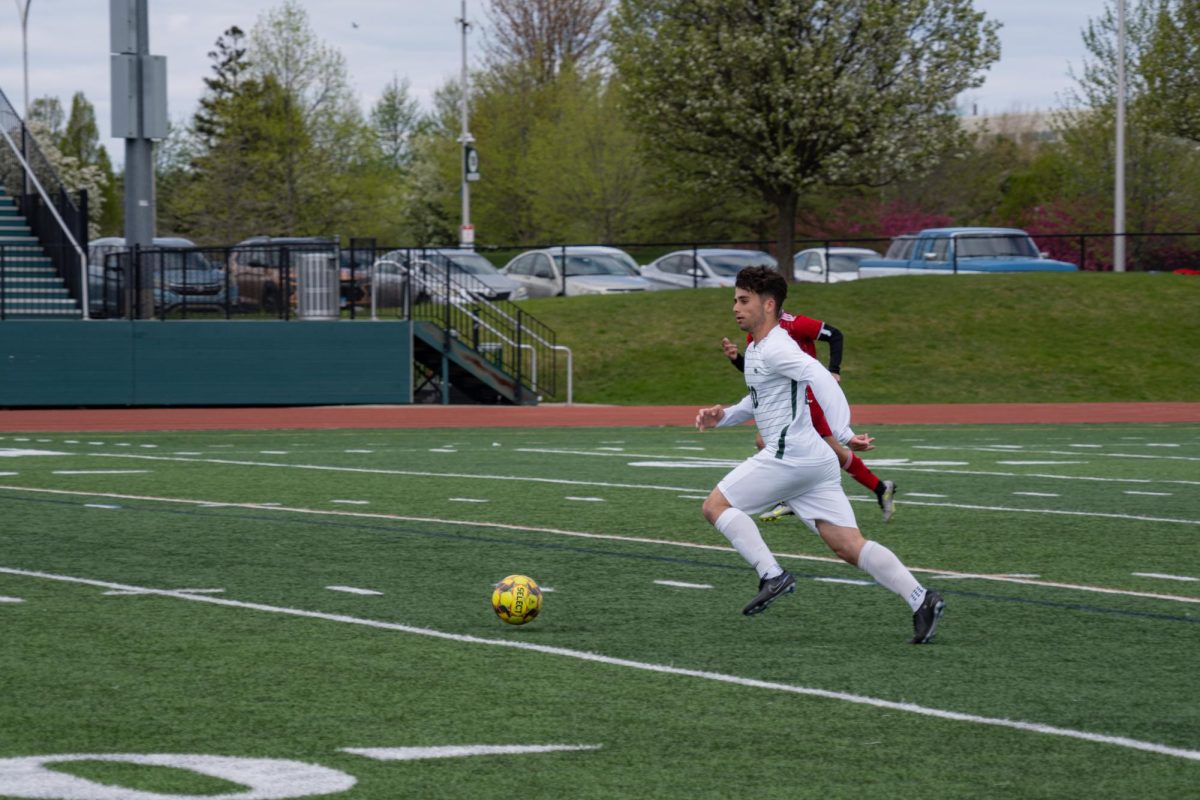


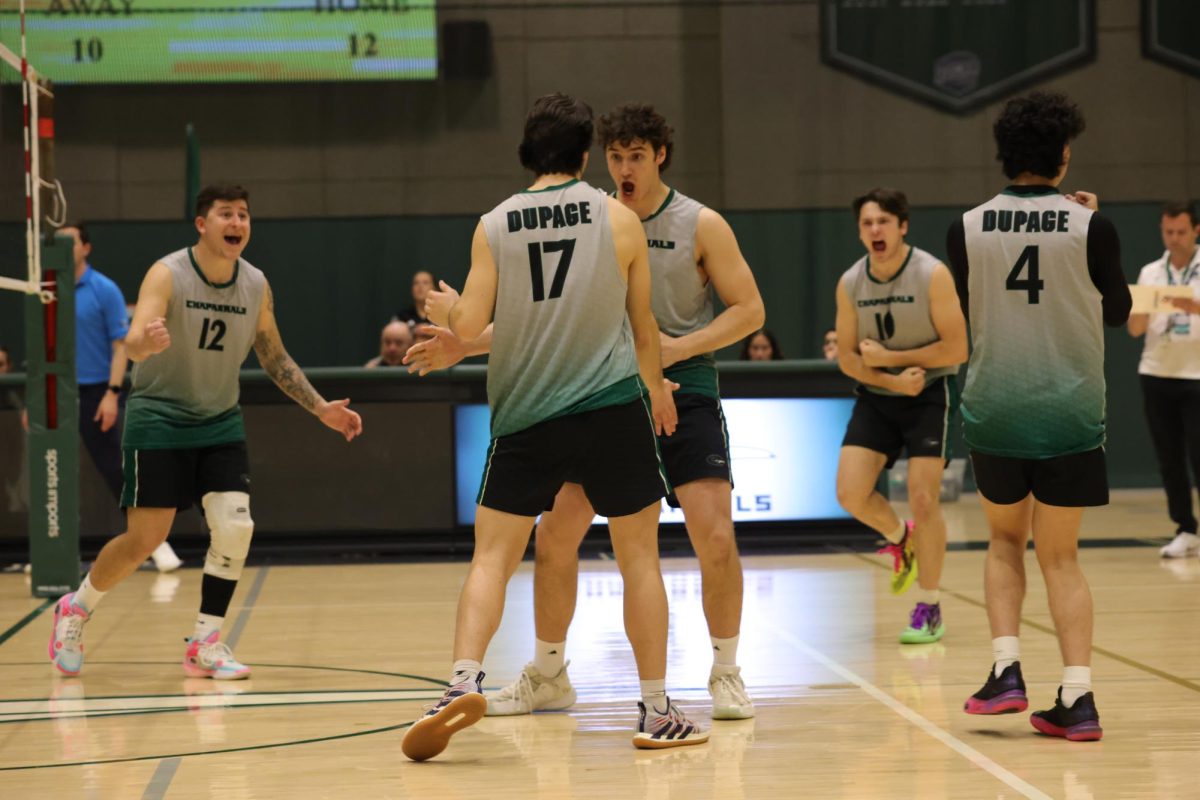

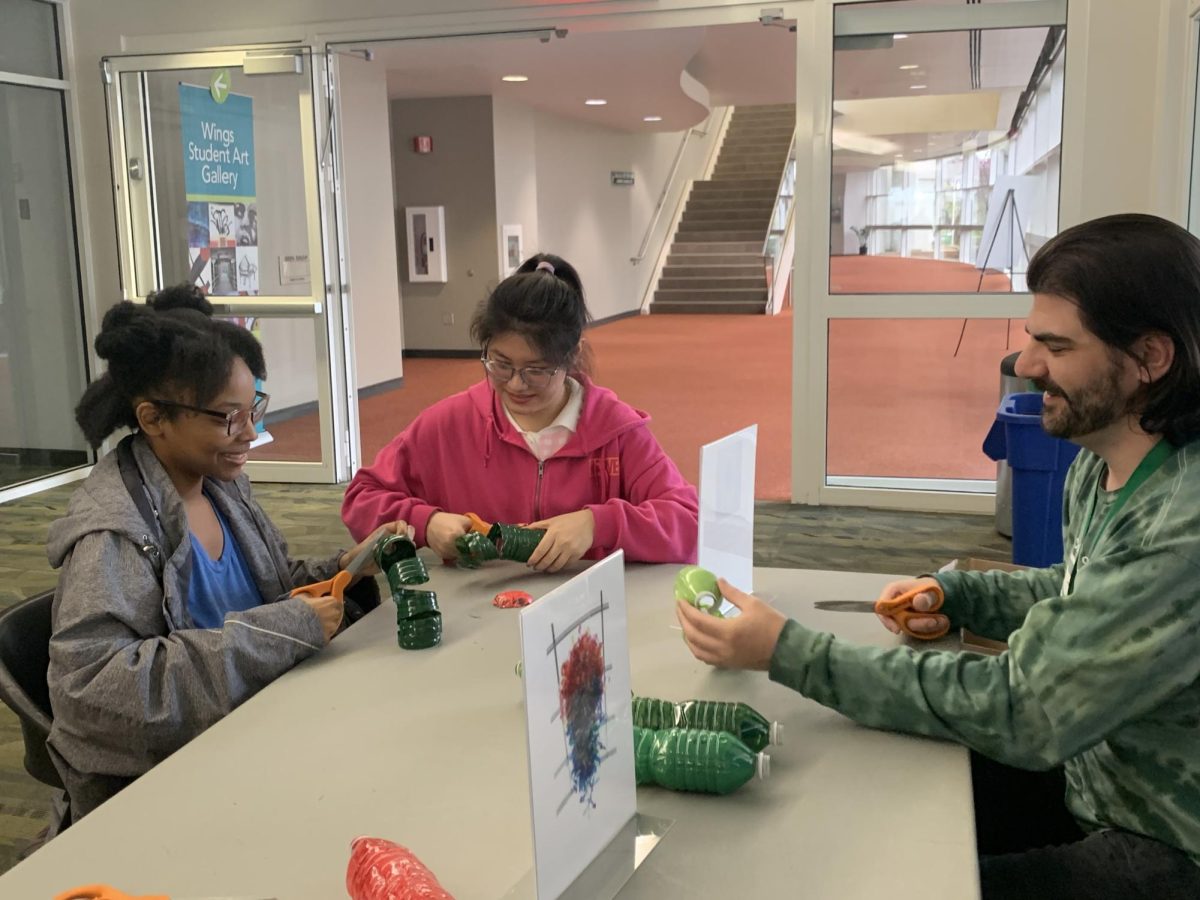

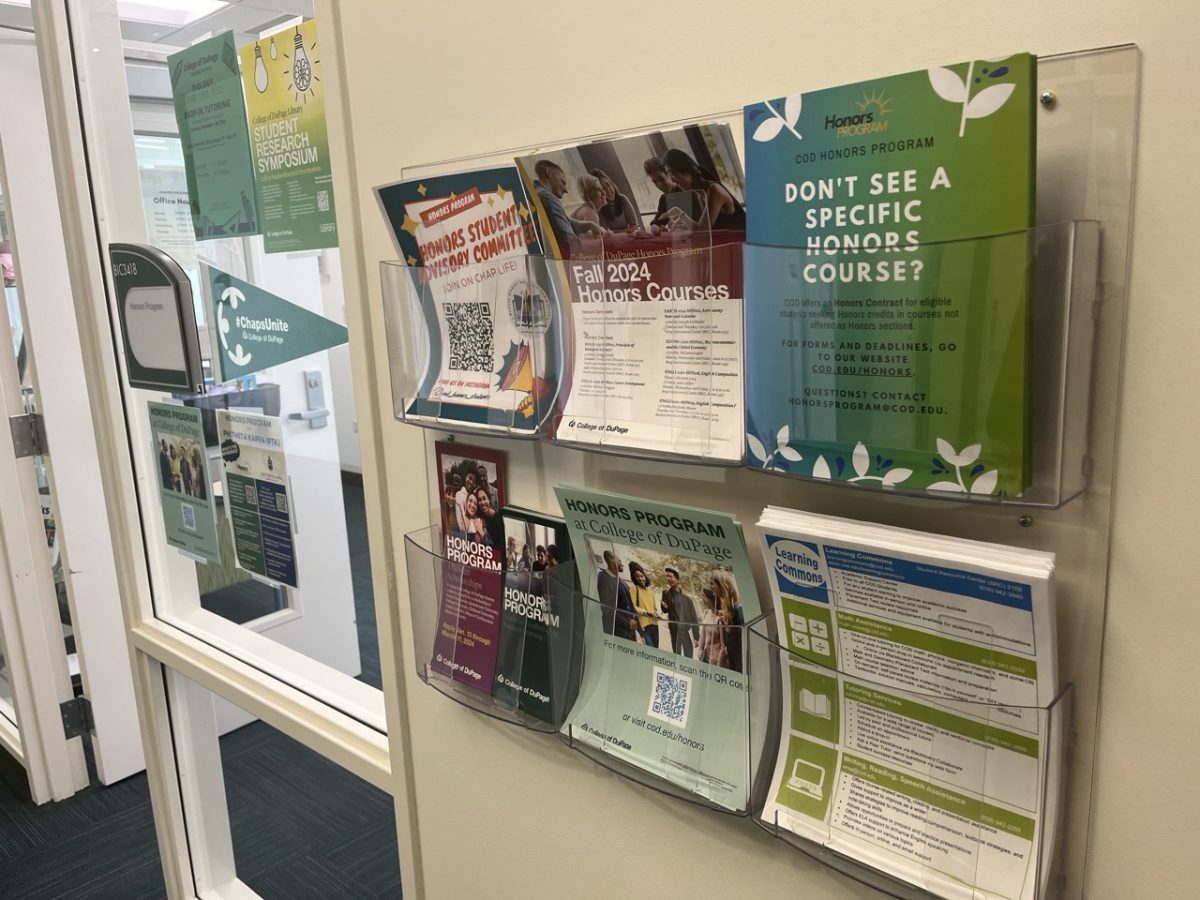
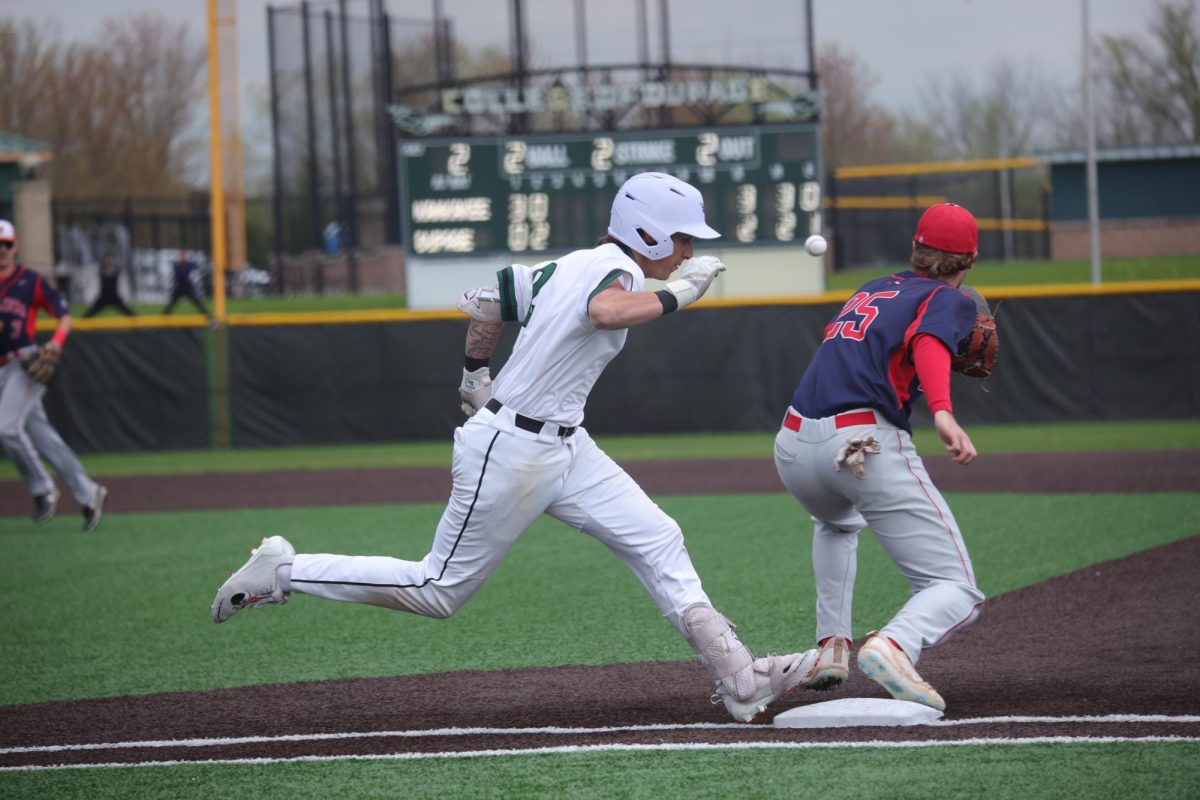
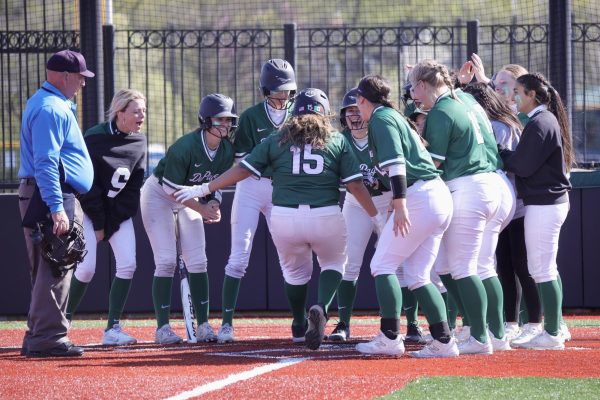




Steven Kronenthal • Nov 17, 2020 at 1:03 pm
I want this pandemic end immediately so we can have normalcy again